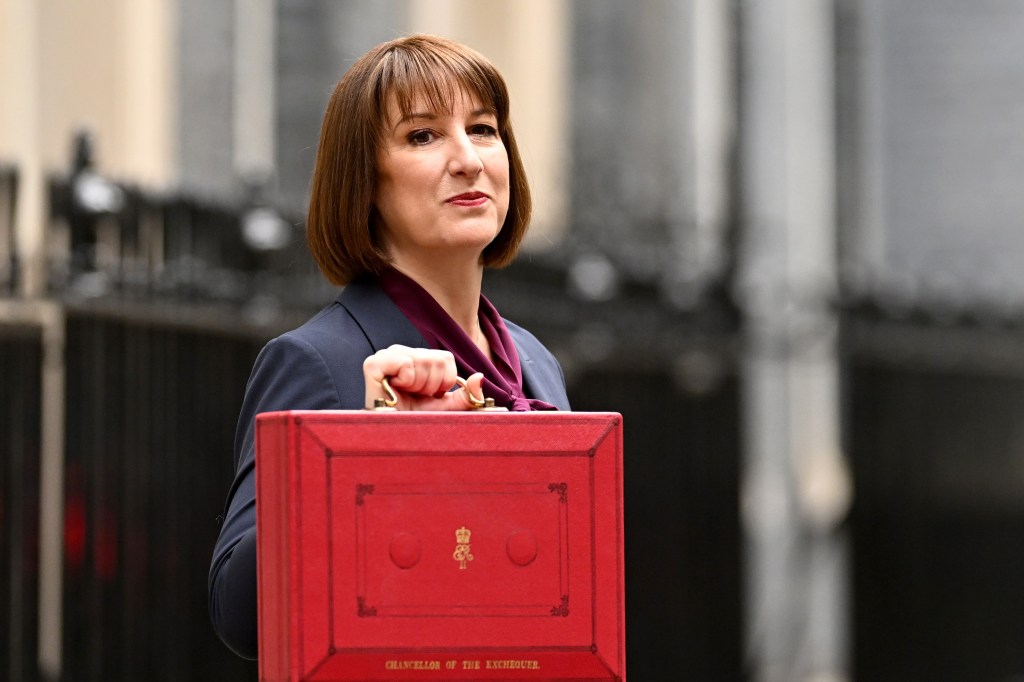National Insurance hikes creating ‘serious uncertainty’ for minority-focused charities

(Getty Images)
(Getty Images)
LGBTQ+ and other minority-focused charities have expressed concern about the government’s plans to increase employers’ national insurance (NI) contributions.
Chancellor Rachel Reeves delivered the first budget of the new Labour government in October, announcing an increase in public spending of about £70 billion (£89 billion) per annum over the next five years, funded by tax rises and higher borrowing.
To finance the increased spending, the autumn budget set out that from next April, the start of the new financial year, employers’ national insurance contributions would increase by 1.2 per cent to 15 per cent, with the threshold at which employers start paying for an employee dropping from £9,100 ($11,500) to £5,000 ($6,300). It is estimated that the higher contributions will raise £20 billion ($25 billion) a year.
The measures have been criticised by employers from the public, private and volunteer sectors, with Conservative leader Kemi Badenoch telling the BBC it would not stimulate economic growth but, instead, “make all of us poorer”.
Research by healthcare charity The Nuffield Trust estimated that the NI hike, alongside the annual rise in the national minimum wage, could cost charities £2.8 billion (approximately $3.5 billion).
Galop, an LGBTQ+ anti-abuse charity that supports queer people who have experienced domestic abuse, hate crime and conversion practices, noted the increase in NI contributions would come at time of government cuts and declining donations, making for an uncertain financial outlook.
Ben Kernighan, Galop’s interim chief executive, told PinkNews: “Charities are facing an incredibly challenging financial future, while experiencing increases in the number of people needing their help. The combined impact of cuts in government funding and a declining number of people donating to charity puts more pressure on charities like Galop at a time when LGBT+ people need us most.

“The increase in National Insurance contributions will create additional, serious uncertainty for charities, particularly specialist by-and-for charities like Galop who struggle to secure funding in the first place.
“Research by the Domestic Abuse Commissioner’s office found that by-and-for organisations were five times less likely to obtain statutory funding compared [with] mainstream services. Over the past three years, we’ve seen a growing demand for specialist LGBT+ abuse support, with calls to our helpline rising by more than 15 per cent from March 2023 to April 2024.
“Like many charities, we fear we will not be able to meet this increased need or sustain our current services if chronic underfunding continues alongside the financial strain that increased National Insurance contributions will cause.”
Speaking to Jewish News, with whom PinkNews is working with to look at the effect on the voluntary sector, the life president of Jewish Care, Michael Levy, said he had received numerous calls from worried people since the budget.
“They now face having to overhaul annual budgets and potentially cut back on frontline services for some of the most vulnerable in society,” Levy claimed. “There is no doubt the government faced a massive black hole but measures that risk these essential services, and the jobs of the heroes who provide them day in and day out, are profoundly disappointing.
“I’m urging ministers to introduce an exemption for the thousands of charities now facing an uncertain future.”
In addition, more than 7,000 charities and voluntary organisations signed an open letter to Reeves, urging her to consider reimbursementsx for the charitable sector.
“Many of us will have to make difficult choices in the coming months,” the signatories said. “The harsh reality is that many organisations may be forced to reduce staff, cut salaries and, most importantly, scale back services for the very people they strive to support.”

Reeves replied: “We recognise the need to protect smallest businesses and charities, which is why we have more than doubled the Employment Allowance to £10,500 [$13,300], meaning more than half of businesses (including charities) with NICs liabilities either gain or see no change next year.
“Businesses and charities will still be able to claim employer NICs reliefs, including those for under-21s and under-25 apprentices, where eligible.”
The chancellor went on to say: “The government also provides support to charities through a range of reliefs and exemptions, including for charitable giving. The tax reliefs available to charities are a vital element in supporting charitable causes across the UK, with more than £6 billion [$7.6 billion] in charitable reliefs provided to charities… and their donors in 2023-2024.
“We remain committed to ensuring that the sector is recognised and valued for the crucial support it provides to so many people and look forward to continuing to work together.”
Share your thoughts! Let us know in the comments below, and remember to keep the conversation respectful.

